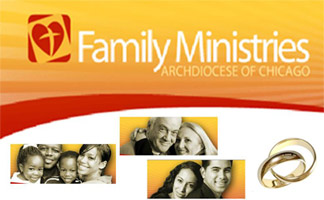|
|
The word Rosary means “Crown of Roses”. Our Lady has revealed to several people that each time they say a Hail Mary they are giving her a beautiful rose and that each complete Rosary makes her a crown of roses. The rose is the queen of flowers, and so the Rosary is the rose of all devotions and it is therefore the most important one. The Holy Rosary is considered a perfect prayer because within it lies the awesome story of our salvation. With the Rosary in fact we meditate the mysteries of joy, of sorrow, of glory and of light Jesus and Mary. It’s a simple prayer, humble so much like Mary. It’s a prayer we can all say together with Her, the Mother of God. With the Hail Mary we invite Her to pray for us. Our Lady always grants our request. She joins Her prayer to ours. Therefore it becomes ever more useful, because what Mary asks She always receives, Jesus can never say no to whatever His Mother asks for. In every apparition, the heavenly Mother has invited us to say the Rosary as a powerful weapon against evil, to bring us to true peace. With your prayer made together with Your heavenly Mother, you can obtain the great gift of bringing about a change of hearts and conversion. Each day, through prayer you can drive away from yourselves and from your homeland many dangers and many evils.
|
PILGRIMAGE TO THE NATIONAL SHRINE
OF OUR LADY OF GOOD HELP
IN CHAMPION, WISCONSIN
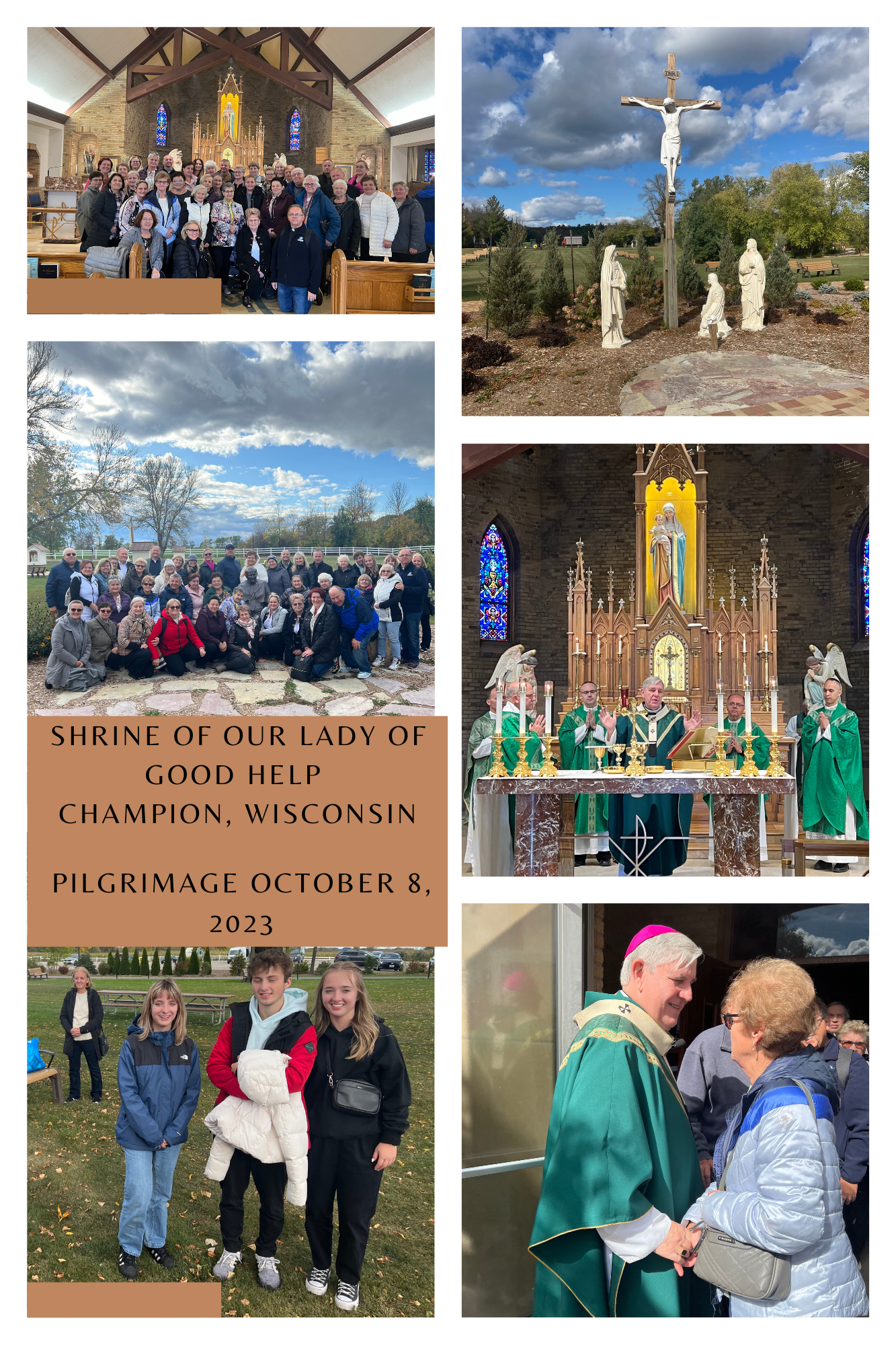
Archdiocesan Overview
(Statistics Reported for 2022)
The Archdiocese of Chicago serves around 2.2 million Catholics in Cook and Lake Counties in Northeastern Illinois, a geographic area of 1,411 square miles. The Archdiocese is divided into six vicariates and 31 deaneries. This local church is pastored by Cardinal Blase J. Cupich, assisted by six Episcopal Vicars, each responsible for a vicariate (region).
CATHOLIC POPULATION
- 2,093,000
- Catholic population as percentage of total population of Cook and Lake counties: 35%
PARISHES
- Number of Parishes: 216 (as of 7/2023)
- Baptisms: 20,900
- First Communions: 14,700
- Confirmations: 14,950
- Weddings: 3,616
- Funerals: 11,660
Scheduled Masses (October 2022)
- Weekend Masses Scheduled in Parishes and Missions: 1,194
- English: 799
- Spanish: 260
- Polish: 86
- Other Languages: 47
CATHOLIC EDUCATION
Catholic Schools
- Elementary schools (archdiocese-run): 151
- Elementary schools (non-archdiocese-run): 8
- Secondary schools (archdiocese-run): 3
- Secondary schools (non-archdiocese-run): 27
- Elementary school enrollment: 45,321
- Secondary school enrollment: 19,383
Religious Education (2021 – 2022)
- Enrollment in elementary school programs: 39,000
- Enrollment in secondary school programs: 3,600
Seminary System
- St. John Vianney College Seminary, St. Paul, MN
Enrollment: 7 - Mundelein Seminary
Enrollment: 132 - Enrolled for Chicago: 27
Catholic Colleges and Universities
- 5 Catholic colleges and universities serving 45,000 students
CATHOLIC CHARITIES
- Helping more than 375,000 people
- Programs: Over 40 Program Distinctions
CATHOLIC CEMETERIES
- Catholic cemeteries: 47
- Annual interments: 16,000
CATHOLIC HOSPITALS
- Catholic hospitals: 16
- People assisted annually: 2 million
DIOCESAN PRIESTS, DEACONS, WOMEN AND MEN RELIGIOUS, AND LAY PERSONNEL IN THE ARCHDIOCESE
- Diocesan Priests (including active and retired): 683
- Religious Priests: 432
- Religious Brothers: 149
- Women Religious: 1,068
- Deacons: 652 (includes active, active outside the diocese, seniors, and retired)
- Certified Pastoral Associates: 43
Understanding the Bible

Approved translations of the Bible
The Bible is all around us. People hear Scripture readings in church. We have Good Samaritan (Luke 10) laws, welcome home the Prodigal Son (Luke 15), and look for the Promised Land (Exodus 3, Hebrews 11). Some biblical passages have become popular maxims, such as “Do unto others as you would have them do unto you (Matthew 7:12),” “Thou shalt not steal (Exodus 20:15), and “love thy neighbor” (Matthew 22:39).
Today’s Catholic is called to take an intelligent, spiritual approach to the bible.
Listed here are 10 points for fruitful Scripture reading.
- Bible reading is for Catholics. The Church encourages Catholics to make reading the Bible part of their daily prayer lives. Reading these inspired words, people grow deeper in their relationship with God and come to understand their place in the community God has called them to in himself.
- Prayer is the beginning and the end. Reading the Bible is not like reading a novel or a history book. It should begin with a prayer asking the Holy Spirit to open our hearts and minds to the Word of God. Scripture reading should end with a prayer that this Word will bear fruit in our lives, helping us to become holier and more faithful people.
- Get the whole story! When selecting a Bible, look for a Catholic edition. A Catholic edition will include the Church’s complete list of sacred books along with introductions and notes for understanding the text. A Catholic edition will have an imprimatur notice on the back of the title page. An imprimatur indicates that the book is free of errors in Catholic doctrine.
- The Bible isn’t a book. It’s a library. The Bible is a collection of 73 books written over the course of many centuries. The books include royal history, prophecy, poetry, challenging letters to struggling new faith communities, and believers’ accounts of the preaching and passion of Jesus. Knowing the genre of the book you are reading will help you understand the literary tools the author is using and the meaning the author is trying to convey.
- Know what the Bible is – and what it isn’t. The Bible is the story of God’s relationship with the people he has called to himself. It is not intended to be read as history text, a science book, or a political manifesto. In the Bible, God teaches us the truths that we need for the sake of our salvation.
- The sum is greater than the parts. Read the Bible in context. What happens before and after – even in other books – helps us to understand the true meaning of the text.
- The Old relates to the New. The Old Testament and the New Testament shed light on each other. While we read the Old Testament in light of the death and resurrection of Jesus, it has its own value as well. Together, these testaments help us to understand God’s plan for human beings.
- You do not read alone. By reading and reflecting on Sacred Scripture, Catholics join those faithful men and women who have taken God’s Word to heart and put it into practice in their lives. We read the Bible within the tradition of the Church to benefit from the holiness and wisdom of all the faithful.
- What is God saying to me? The Bible is not addressed only to long-dead people in a faraway land. It is addressed to each of us in our own unique situations. When we read, we need to understand what the text says and how the faithful have understood its meaning in the past. In light of this understanding, we then ask: What is God saying to me?
- Reading isn’t enough. If Scripture remains just words on a page, our work is not done. We need to meditate on the message and put it into action in our lives. Only then can the word be “living and effective.”(Hebrews 4:12).
By Mary Elizabeth Sperry, Associate Director for Utilization of the New American Bible.
No, Divorce is Not the New Normal: A Catholic Psychologist’s 5 Tips for a Strong & Holy Marriage
Dr. Ray Guarendi of EWTN Radio explains five ways Catholics can form strong and holy marriages.
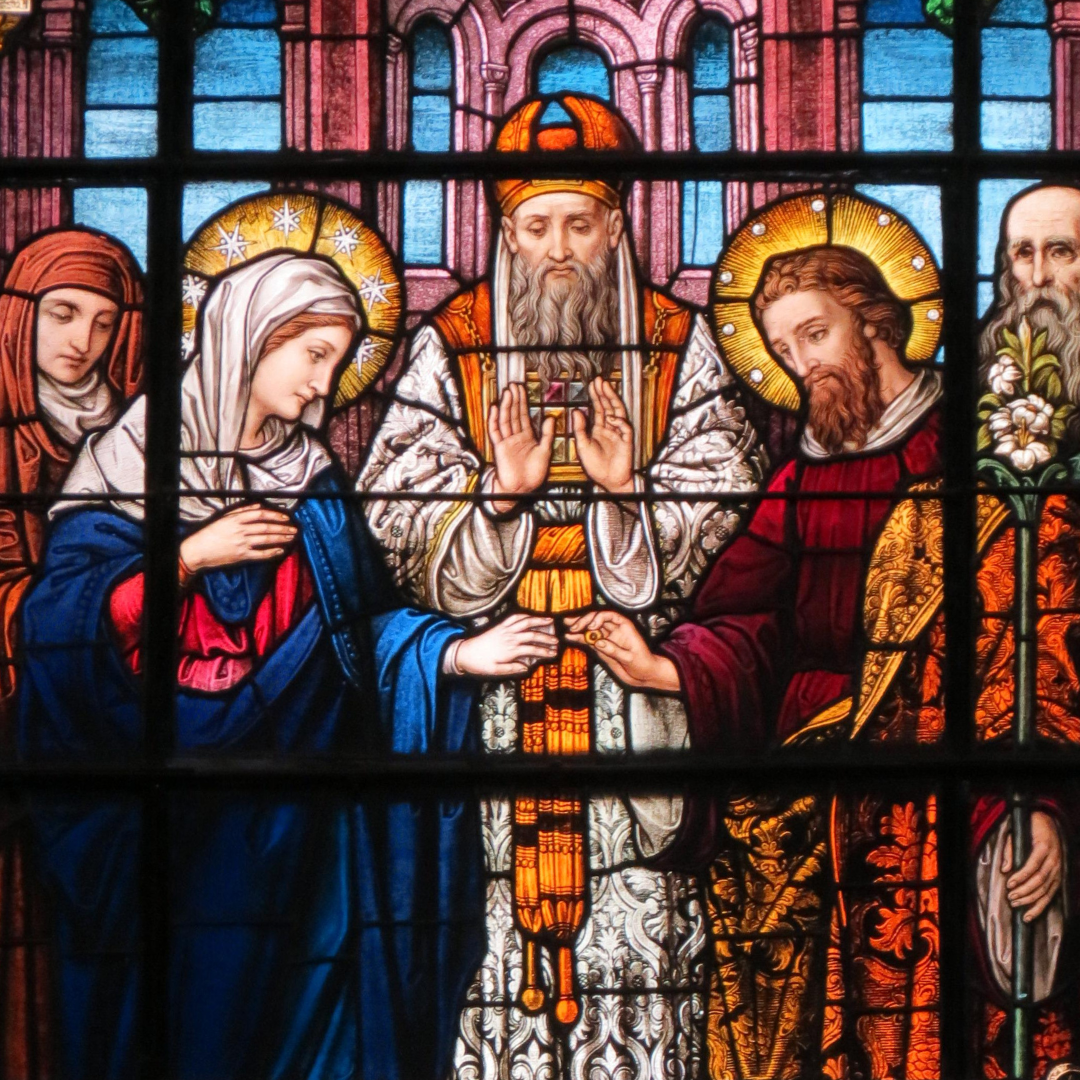
Divorce rates increase, families break apart, and the next generation suffers the effect of being raised in single-parent homes. Is this the new normal?
Thankfully, Dr. Ray Guarendi, psychologist and host of EWTN Radio’s “The Doctor is In,” recently appeared on “The World Over with Raymond Arroyo” to discuss his new book, “Simple Steps to a Stronger Marriage“.
Here are five helpful tips he suggests for Catholic couples:
1. Our Culture is Not Your Friend
Make no mistake–we currently live in the culture of death that Saint John Paul II warned of. This culture promotes pleasure, selfishness, and transactional relationships as a means to an end.
The culture of our time tells us that self-worship is empowerment; we must elevate our happiness above all else and throw away anything that does not serve us.
Jesus says the exact opposite. He tells us to deny ourselves, take up our cross, and follow Him, (Luke 9:23).
During times of marital discourse, do not turn to this self-obsessed culture as a guide or comfort.
When asked about the high divorce rate, Dr. Guarendi states, “About 80 percent of marriages end because ‘I don’t like you anymore I don’t want to be around you, I don’t want to live with you anymore.’
“The bulk of marriages don’t have severe pathology… For the most part, it’s two people who have stopped getting along…We live in a culture that says you can have sexual relationships with anybody, anytime, anywhere. Just don’t have more than 1.86 children in marriage. Then, we will belittle you.” (2:28-2:55)
2. Learn to Be Silent – Listen to Your Partner
Not to be confused with the silent treatment, we can benefit from the power of silence. There is much to be said for learning to pause and hold our tongue.
Unfortunately, speaking to our partners out of anger is very common, in what Dr. Guarendi calls, “peak emotional surge.”
“When you most feel like saying it, delay,” he continues. “Hold for 20 seconds and the physiological urge will taper enough for you to control it.”
Good communication calls for acknowledging both – when to speak and when to listen, even though it may not be easy.
“Spouses have to understand what’s going on in the other person’s head. You may not agree with it… but you have to at least understand it. Most people want to be understood even more than they want to be agreed with,” Dr. Guarendi says.
3. Remember Your Manners
Manners. Remember those?
“Many spouses don’t have the manners of a five-year-old,” Dr. Guarendi shares.
As the years pass, spouses may take one another for granted, forgetting a quintessential life skill – manners. The way we speak to our spouse matters and saying “please” and “thank you” should always be part of our daily vocabulary.
Respecting the dignity of the spouse God entrusted you with must remain a priority.
“We expect manners from five-year-olds, but in a marriage, we get very sloppy with our spouses,” Dr. Guarendi says.
In Looking for a Spouse:
4. Shared Faith is Essential
When it comes to the role of faith in relationships, Dr. Guarendi states, “If one spouse is faith-filled, the marriage has a much longer chance of success. If both spouses are faith-filled, the divorce rate is much much lower.” (18:28)
Pursuing someone with the hopes of converting them later is not smart courtship and may only waste time. Sharing the Catholic faith and all the values that come with it is essential.
5. “Opposites Attract” Won’t Get You Very Far
We’ve all heard “opposites attract,” but how opposite is too opposite? Should we seek a spouse who is vastly different from ourselves?
“I have seen many marriages fail because they didn’t have enough commonality. The first commonality is faith,” Dr. Guarendi says. “Secondly, take the time you need to really get to know this person.”
“Third, make sure this person views life as you do (children, finances, family, parenting, etc.). Most importantly, find a potential spouse who takes the faith like you do,” Dr. Guarendi explains.
While dating someone so opposite to yourself may seem exciting at first, it may quickly become tiresome. Having shared morals and beliefs is important, as the relationship will often rely on this foundation.
Catholics should not take the sacrament of holy matrimony lightly, as it is a physical representation of Christ’s sacrifice in the living Eucharist.
We are called to love and be loved, and in the marital vocation, to give the complete gift of self.
Commitment is not always easy, but as Catholics, we are provided with the most perfect example: a loving Lord who will show up for us time and time again.
Watch the full segment on “The World Over”:
St. John Paul the Great
“The future starts today, not tomorrow.”
St. John Paul the Great, also known as Saint John Paul II, was the Pope of the Catholic Church from 1978 until his death in 2005. Catholics remember him as being the first non-Italian pope, forgiving his attacker after an assassination attempt and being outspoken about human rights.
St. John Paul the Great knew that every day was a chance to pave the way for a better future. With the mentality that the future starts now, you can live each day with new motivation to make life the best it can be for you and the people around you.
Pictures from Triduum Sacrum
Click Here!
+ + + + + + + + + + + + + + + + + + + + + + + + + + + + + + + + + + + + + + + + + + + + + + + + + + + + + + + + + + + + + + + + +
OUTDOOR STATIONS OF THE CROSS
APRIL 1, 2023 CLICK here to view photos

SYNOD 2021
24 Hour Prayer for Ukraine Schedule Click Here
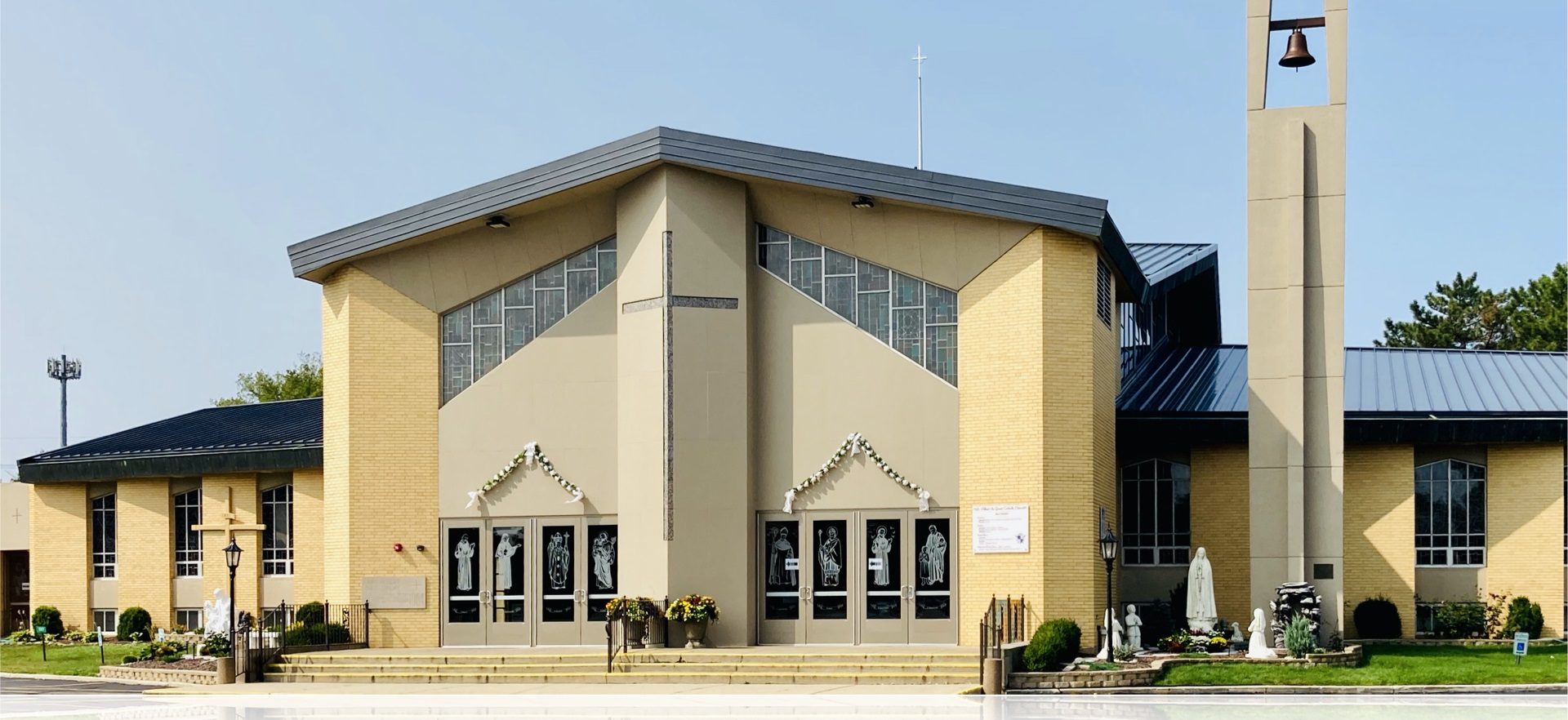
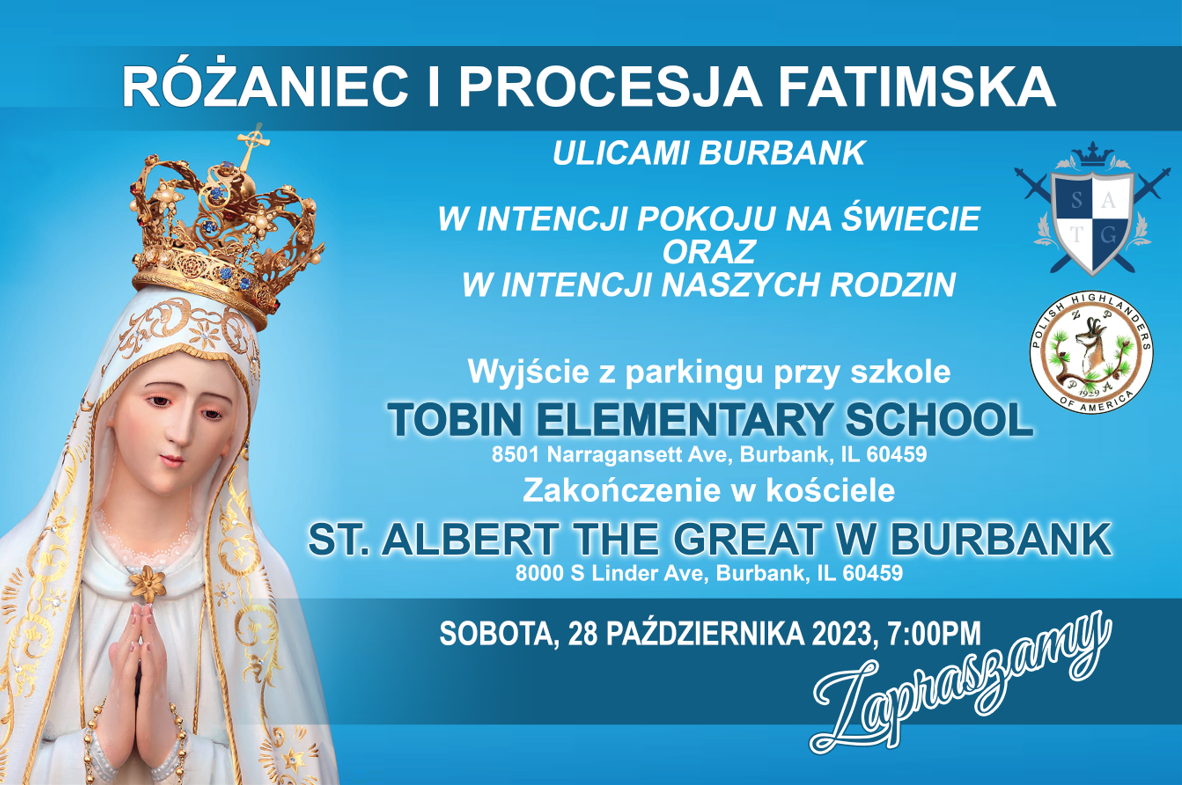




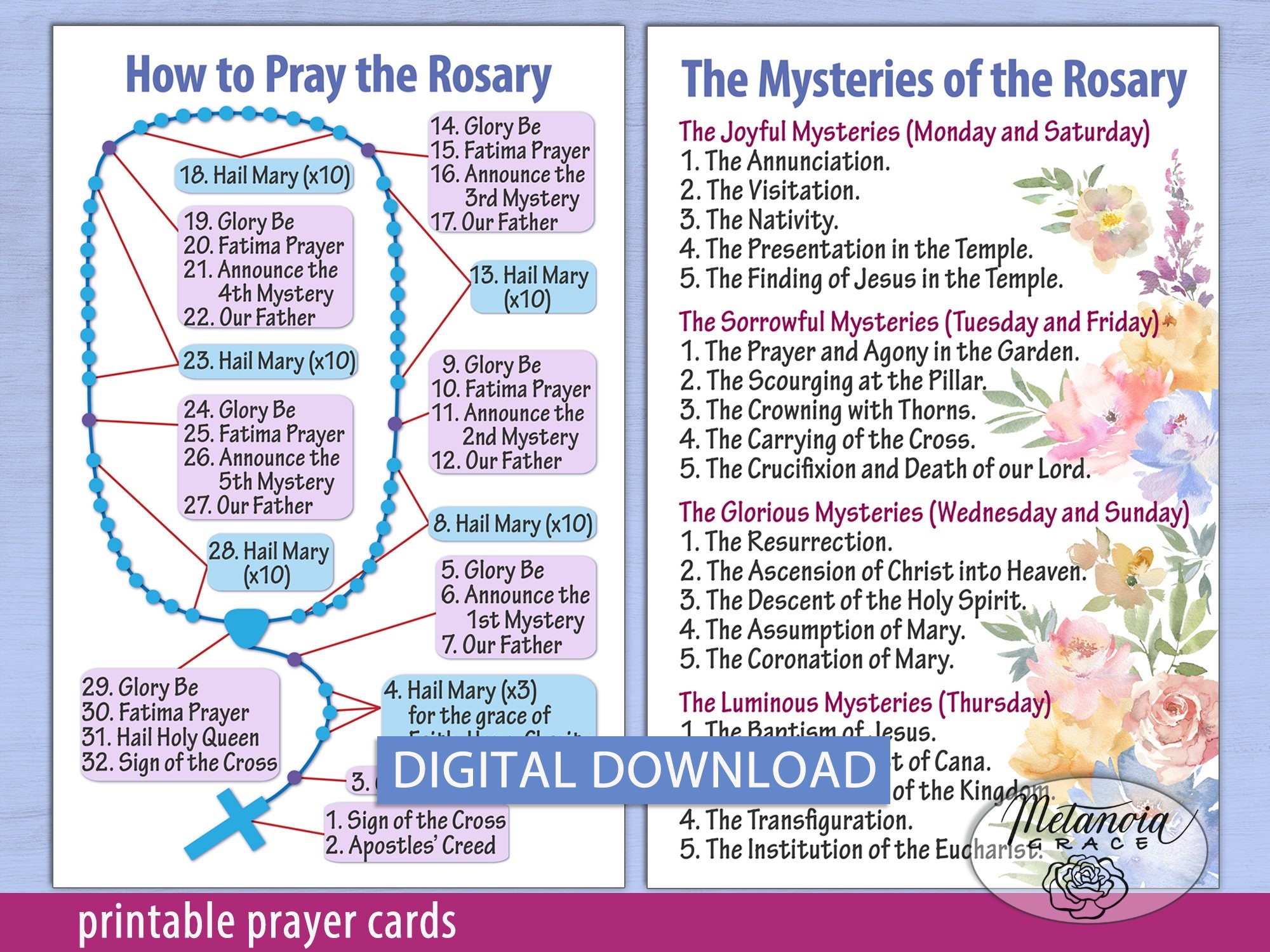 __________________________________________________________________________
__________________________________________________________________________

